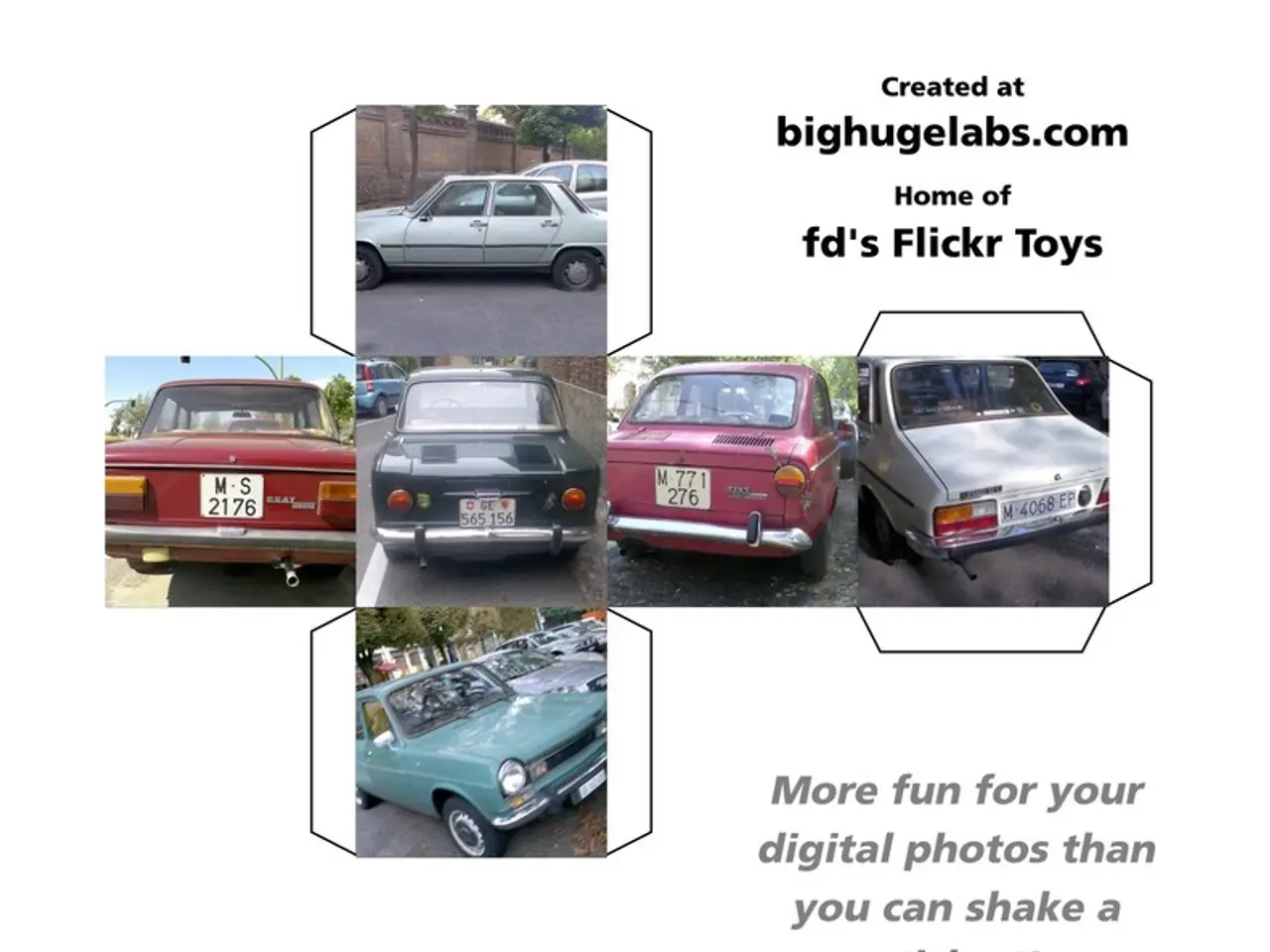Artificial Intelligence's Role in Job Enhancement for the Advantage of Employees
The automotive industry is undergoing a significant shift, with Artificial Intelligence (AI) playing a pivotal role in transforming the workforce at Audi and the broader German labor market. Audi is actively integrating AI and digitalization to create smarter, software-defined vehicles and highly efficient, connected production processes.
Jörg Schlagbauer, Chairman of the Audi Works Council, highlights that AI is being implemented across all areas at Audi, including product, production, processes, and personnel. He states that AI is the driver and guide of digital transformation at Audi, and the company is committed to shaping this transformation in a way that ensures Audi remains a co-determined, globally successful entity with a focus on people and their shared work.
The central topic of discussion during Andrea Nahles' visit to the Audi Works Council was the impact of AI on the workforce at Audi. Nahles, CEO of the Federal Employment Agency, is the point of contact, advisor, and supporter for employees and the economy, and she emphasized that digital automation through AI is not only a driver but also a solution to balance the shortage of skilled workers and maintain Germany's high productivity.
To address these workforce changes, Audi and the automotive industry are taking several important measures. Audi plans to create up to 2,000 new IT jobs by 2025, accelerating the build-up of specialized teams in AI engineering, data science, and digital production technologies. This addresses the talent challenge while supporting innovation and production efficiency.
Upskilling and reskilling programs are also being implemented to equip employees with AI and software skills necessary for new workflows. This helps legacy staff transition smoothly to AI-augmented tasks and maintain employment viability.
In addition, Audi is negotiating a works agreement on work and the use of artificial intelligence that prioritizes the company's employees and aims to prevent AI from being primarily used for job cuts. Hybrid AI development models are also being adopted, where foundational AI infrastructure may be outsourced to specialists, while core AI development remains in-house.
AI is currently being used in Audi's production sector, primarily for quality assurance tasks such as optical inspection in the press shop and paint shop. The development of autonomous driving at Audi benefits significantly from the use of AI, with AI technology holding great potential for supporting assistance and safety systems in Audi vehicles.
The public sector, such as healthcare and administration, is also a priority in terms of transferring tasks to machines or programs with AI. Andrea Nahles explains that in the coming years, there will be a profound change in the labor market, characterized by a shortage of skilled workers and the emergence of new fields of work, especially in industry and IT.
This is a concern for everyone, from the baker to a global automotive company like Audi. However, with proactive measures like training programs, job creation in IT/AI fields, and hybrid technology strategies, Audi is ensuring a smooth transition for employees amid this transformation.
In summary, AI is reshaping Audi’s workforce by introducing new job roles, transforming production methods, and requiring extensive employee upskilling. Proactive measures like training programs, job creation in IT/AI fields, and hybrid technology strategies are key to ensuring a smooth transition for employees amid this transformation.
- Audi is utilizing Artificial Intelligence (AI) not only in vehicle production processes but also in various areas such as product, processes, and personnel, which is driving the digital transformation at the company.
- In an effort to adapt to these changes, Audi is creating up to 2,000 new IT jobs by 2025 and implementing upskilling and reskilling programs to equip employees with AI and software skills necessary for new workflows.
- The company is also negotiating a works agreement on work and the use of AI, prioritizing employees and aiming to prevent AI from primarily being used for job cuts.
- Outside the automotive industry, the public sector, including healthcare and administration, is also prioritizing the transfer of tasks to machines or programs with AI to maintain high productivity.




